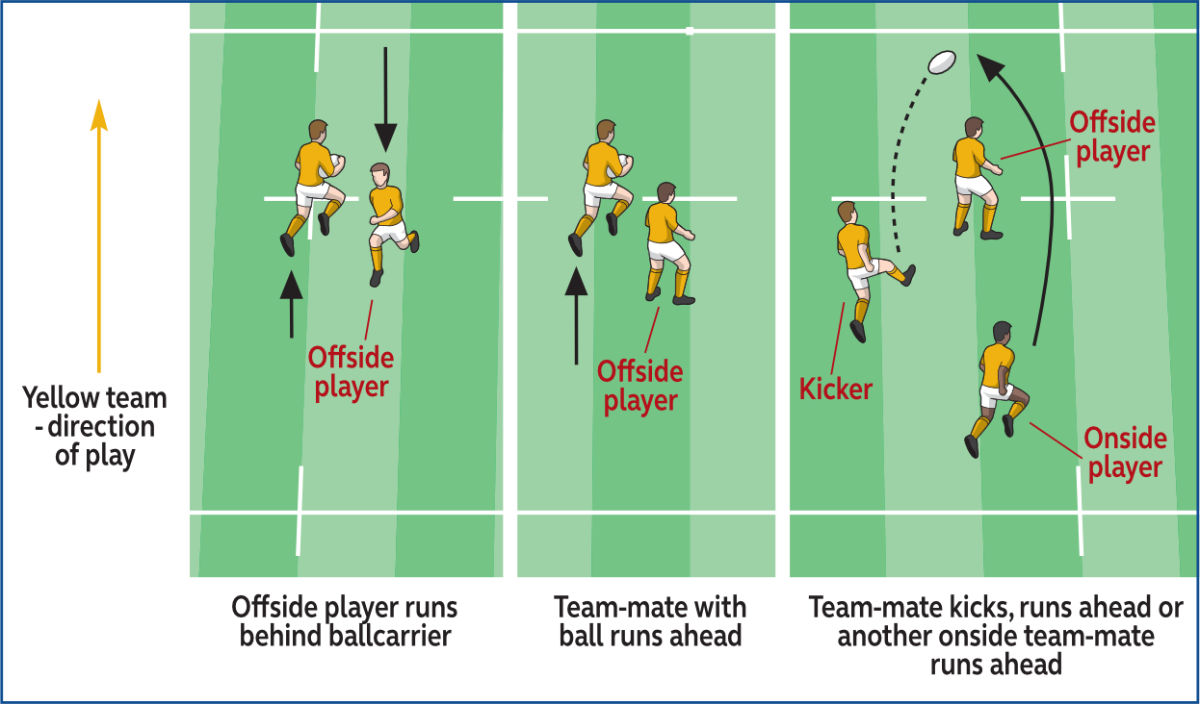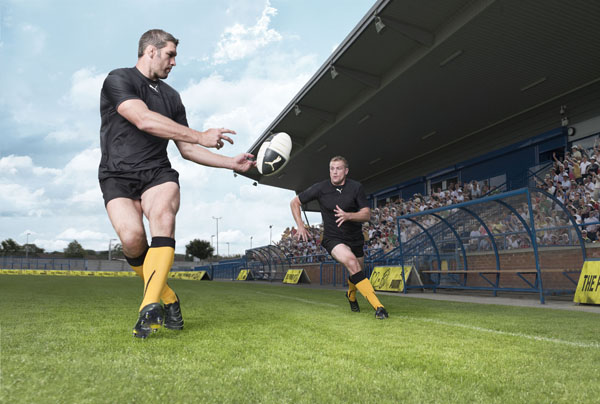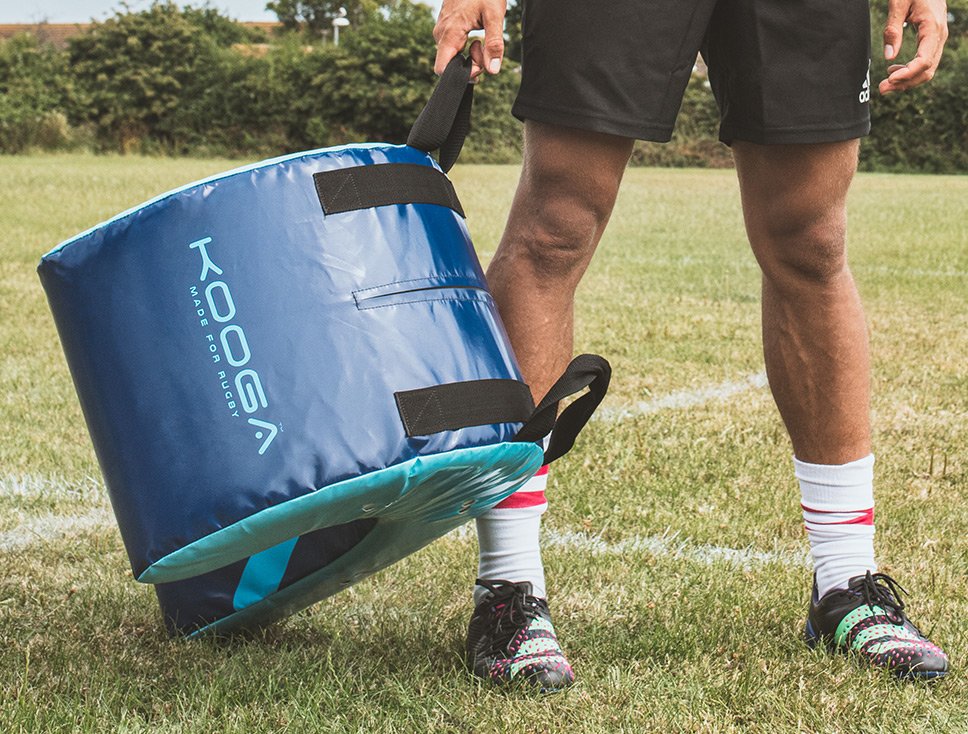
The Rugby Championship consists of a series rugby tournaments held in the southern half of the earth. It is contested in four Southern Hemisphere countries: South Africa, Australia, Argentina and New Zealand. Each year, the team that has the most points wins. This is determined through a bonus points system. For example, a team can earn a bonus point by scoring four or more tries. The bonus point is still available to a team that loses by less than a couple of points.
Eight teams will be selected for the playoffs. The teams are divided into four pools. The top four teams from each pool will face off in the semi-finals. The Final Match will be decided by the winner of the playoffs. During the play-offs, teams will play each other home and away. They will also play two other teams from their pool.
The final will take place at a predetermined location. The champion will be the team that wins. The final will usually be a knockout. The final may be close sometimes, but it's not impossible. In order to win the prize money, players will usually put in the most effort for the final 80 minutes.

The four regional pools where teams are drawn are the Welsh Pool, the Italian Pool, and South African Pool. These are also known as the South African Pool or the Italian Pool. All the teams are required to play at least six matches during the regular season. Some matches are derby.
Before 2011, the Rugby Championship had been called The Tri Nations. However, after the inclusion of Argentina in the tournament, the title changed to The Rugby Championship. The event has grown in popularity since the inclusions of Argentina and Brazil. Although the name change is controversial, it has helped broaden the audience of the tournament.
Each tournament is held in a different country. The competition takes place annually in July. The Rugby Championship, unlike the Six Nations, is a regional competition. Instead, it is a joint competition between four countries in the Southern Hemisphere. The Rugby Championship has been won by New Zealand more times than any other country. The All Blacks won seven titles, while the Springboks won three.
There are many broadcasting networks that will cover the tournament. Setanta Sports covers it across the United States and Canada. Eurosport is an important European provider of coverage.

This annual competition recognizes the best players in the Southern Hemisphere's rugby league. The tournament started in 1996, and it continues to this date. The tournament used to be known as The Tri Nations Series. But it is now called The Rugby Championship.
The Rugby Championship has been regarded as the world's premier rugby competition. In 2012, the tournament was revamped. SANZAAR was formed and is a consortium of the four governing bodies of the Southern Hemisphere. SANZAAR comprises the New Zealand (South African), Australian (Argentine) and South African Rugby Unions.
FAQ
What happens if someone falls off a cliff while doing extreme sports?
Participating in extreme sports could cause you to fall off a cliff and break bones, or even your neck.
This would be a serious injury. If you fall from a height of more than 30m (100ft), you could be killed.
How long does it take to learn how to ski or snowboard?
You might not be ready to learn how snowboarding is done right away.
Most people begin learning when they are five years old. Some children start to practice when they are only two years old.
What are the health benefits of extreme sport?
Exercising in extreme sports has many health benefits. Here are a few examples:
-
You can stay healthy by exercising. You can burn calories by exercising. This helps you to lose fat. So you look better.
-
Extreme sports can help you build self-confidence. Many people report feeling good about themselves after participating an extreme sport.
-
Extreme sports can be fun. There's nothing like feeling free and having lots of energy.
-
Extreme sports offer adventure. What could be better than experiencing something new? You never know what you will experience.
-
Extreme sports have safety. You will always be safe, no matter what sport or activity you choose.
-
Extreme sports are dangerous. But extreme sports are generally safe when done correctly.
-
Extreme sports offer relaxation. The best way to relax is to do something that you love.
-
Extreme sports are good for character building. You develop courage, discipline, and perseverance as you gain confidence through extreme sports. These are vital for daily life.
-
Extreme sports make you stronger. Most extreme sports include physical activity. This will give you endurance and strength.
-
Extreme sports promote health and fitness. Fitness is vital for everyone. It improves your quality-of-life.
-
Extreme Sports offer a wonderful form of recreation. Participating in extreme sports is a great way of spending time with family and friends.
Statistics
- Overall participation has grown by more than 60% since 1998 - from 5.9 million in 1998 to 9.6 million in 2004 Artificial Wall Climbing. (momsteam.com)
- Nearly 40% of all mountain bikers have at least graduated from college. (momsteam.com)
- Nearly 98% of all "frequent" roller hockey participants (those who play 25+ days/year) are male. (momsteam.com)
- Approximately 50% of all wakeboarders have been participating in the sport for 1-3 years. (momsteam.com)
- According to the United States Parachuting Association, about 21 people die yearly from skydiving. (livehealthy.chron.com)
External Links
How To
What are the best ways to learn parkour?
Parkour is a free running technique where people run through obstacles such as walls, buildings, fences, trees, etc. It's a very popular sport, with millions participating around the world. There are many different types of parkour techniques, which include freestyle, wall climbing, obstacle course, urban exploration, rescue, freerunning, urban combat, and others.
You can define fitness as any activity that improves your physical fitness or overall health. This could include going to the gym, exercising cardio, or simply walking. Parkour is considered to be a sport as it requires the athletes to use their body strength.
Here are some tips for parkour beginners:
-
Do not choose a location with stairs or any other places that could be dangerous. You should choose flat ground, avoid hills, and if you can climb up a tree, then go ahead.
-
Shoes made from leather, rubber, or leather should be worn. You don't have to choose the right shoe for you. You can make or break your parkour session by choosing the right shoes.
-
Bring water bottles and snacks to keep yourself hydrated during practice sessions.
-
Before starting a parkour session, warm up first. This means you should warm up your muscles before jumping into the action. Slowly increase intensity until you feel your muscles are fully warm.
-
Jumping shouldn't be a reliance on your legs and arms. Instead, you should focus on your core and back muscles to jump over obstacles.
-
Do not push yourself too hard. Instead, take breaks from time to time. This allows you to recover from the workout without getting injured.
-
While practicing parkour, listen to music. Music helps you relax, concentrate better, and makes it easier to focus.
-
Stretch your muscles and joints after each session to prevent injury.
-
Keep your surroundings clean, especially when you are practicing in public places. This way, you won't risk hurting someone else.
-
You can keep track of your progress by keeping a log. You'll be able to remember your strengths as well as your weaknesses.
-
Parkour is fun! Don't let fear of losing your balance stop you from enjoying the parkour experience. Take a step back if you do fall.
-
Everyday, you learn new tricks and techniques.
-
Make sure to eat healthy food. Consuming a high-protein diet will allow you to gain muscle mass more quickly.
-
You should find a mentor. Mentors can teach you certain moves and offer advice on how to improve your skills.
-
Do not be afraid of asking questions. The people who love to share their knowledge with others are always happy to answer questions.
-
Practice makes perfect. Get out there and train as often as you can.
-
Have fun
-
Last but certainly not least, keep safe!